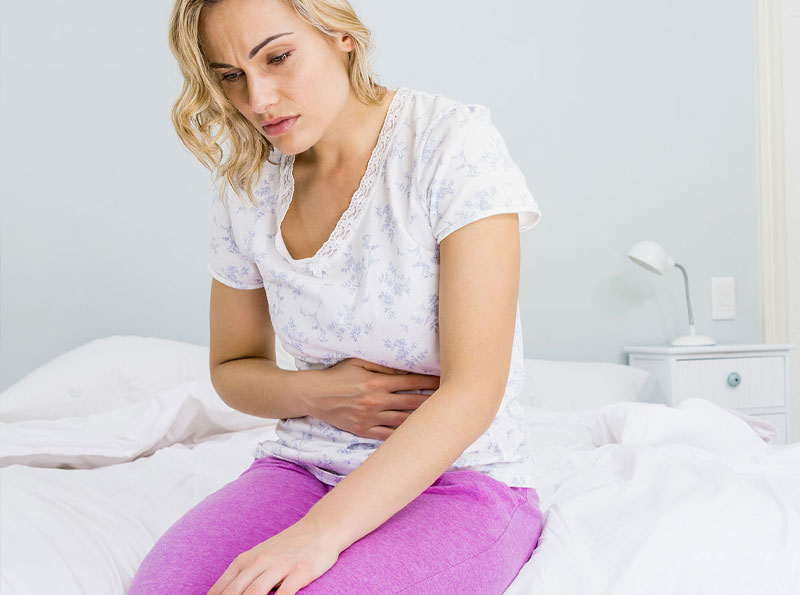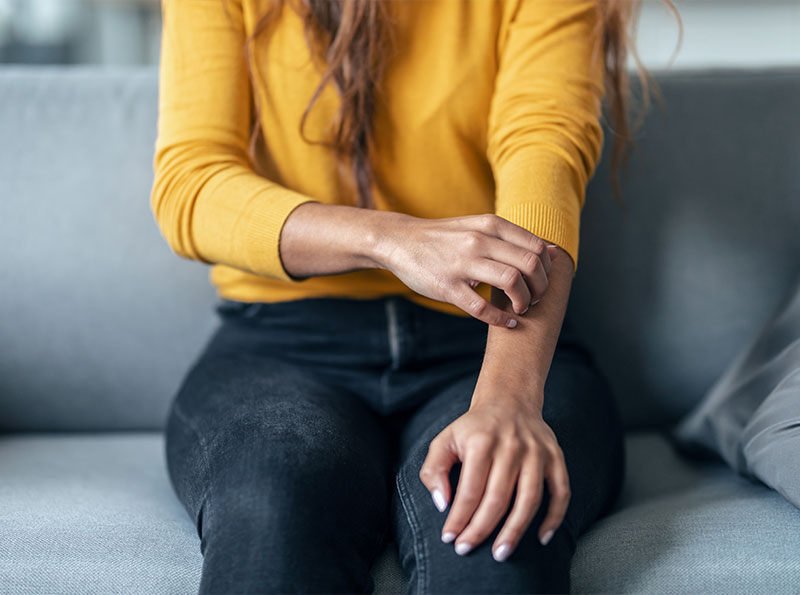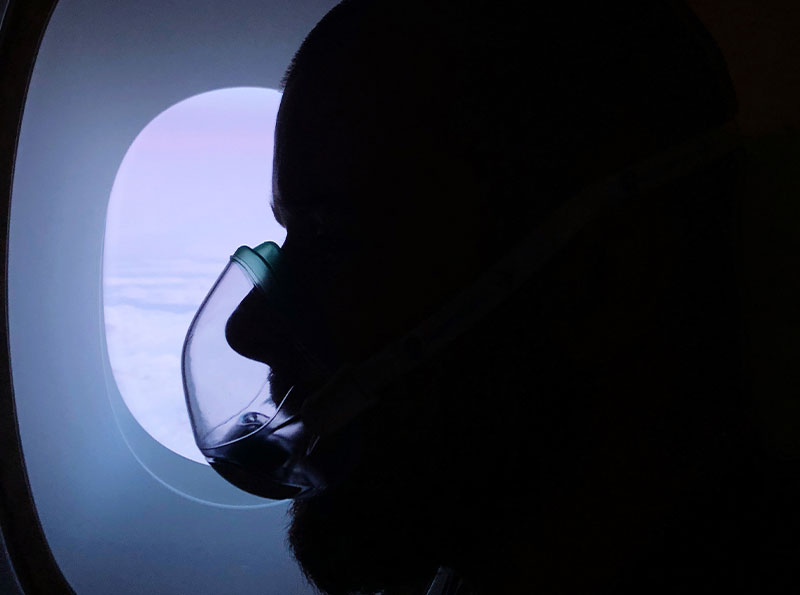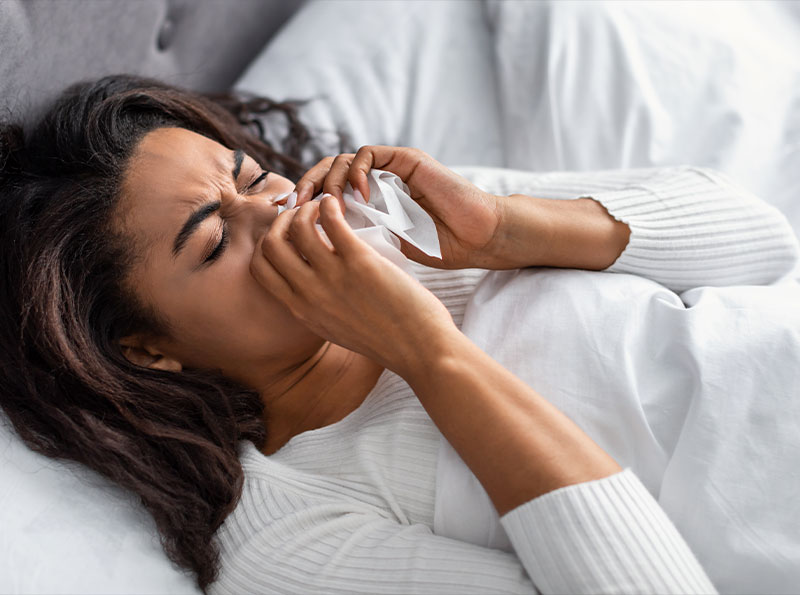
Aerophagia happens when a person swallows too much air. A person with aerophagia may experience abdominal discomfort, flatulence, and belching because of the buildup of air in the gastrointestinal system. About 16% of CPAP users experience aerophagia due to swallowing pressurized air from the CPAP machine.
For some CPAP users, the CPAP mask can cause discomfort. Improperly fitting masks can create sores, rashes, and pressure ulcers on the cheeks or nose. CPAP users sometimes report that mask use interferes with a hairstyle or leaves unwanted imprints on the face.
CPAP masks can also contribute to dermatitis, a condition in which the skin becomes inflamed after coming into contact with certain substances. People who have dry skin prior to using CPAP have a greater likelihood of developing dermatitis.


The fear of closed-in spaces, or claustrophobia, is a commonly reported side effect of CPAP. Many CPAP users feel confined while wearing a mask that covers the nose. Researchers estimate that more than half of CPAP users with obstructive sleep apnea have claustrophobic tendencies when starting to use the device.
People who use CPAP machines may develop upper respiratory infections or sinus infections. Bacteria and viruses in the mouth, throat, and lungs can enter the CPAP mask or hose while a person breathes during sleep. Allergens such as mold and dust can also enter the mask or hose.


Nasal congestion and runny nose can occur with CPAP use. People undergoing CPAP therapy may also experience dry nose from the forced air flowing into the nose. The flow of dry air can lead to nosebleeds and crusting. Dry noses with CPAP use are particularly common in climates with cold weather or low humidity.
People who use CPAP machines may experience dry mouth or dry eyes as a result of mask leaks. Mask leaks can occur when air enters through the nose and exits through the mouth. CPAP users who cannot close their mouths against the equipment or who breathe through their mouths while sleeping may experience dry mouth.

While CPAP machines have been the traditional go-to for sleep apnea treatment, oral appliances are rapidly gaining popularity due to their comfort, convenience, and effectiveness. At Rest Assured Sleep Center, we believe in providing solutions that fit seamlessly into your lifestyle. Our oral appliances are designed with the user in mind, ensuring you get a restful night’s sleep without the hassle.
If you’re looking for a more comfortable and convenient alternative to CPAP machines, consider giving our oral appliances a try. Your well-being is our top priority, and we’re here to ensure you rest assured, every night.